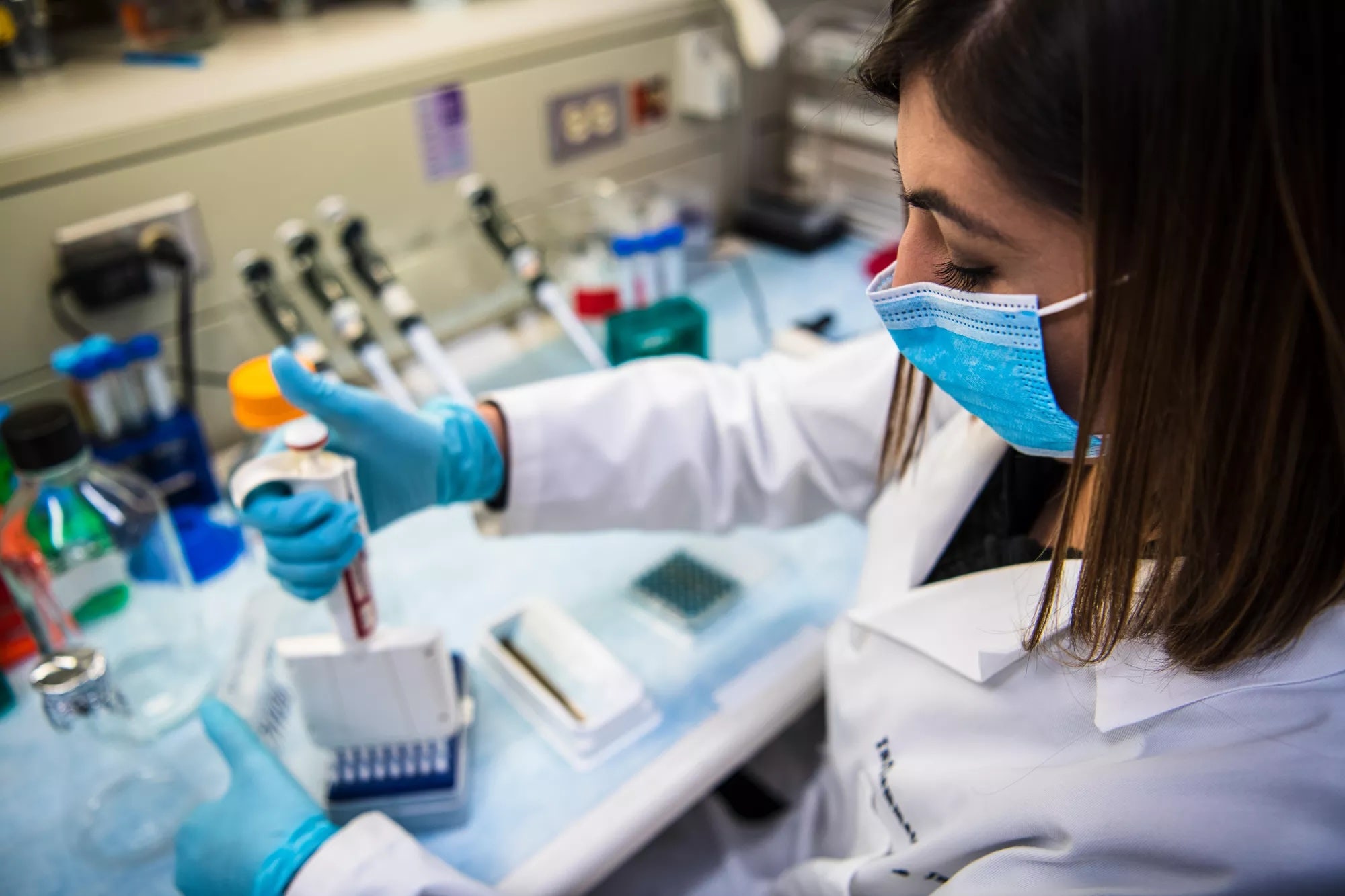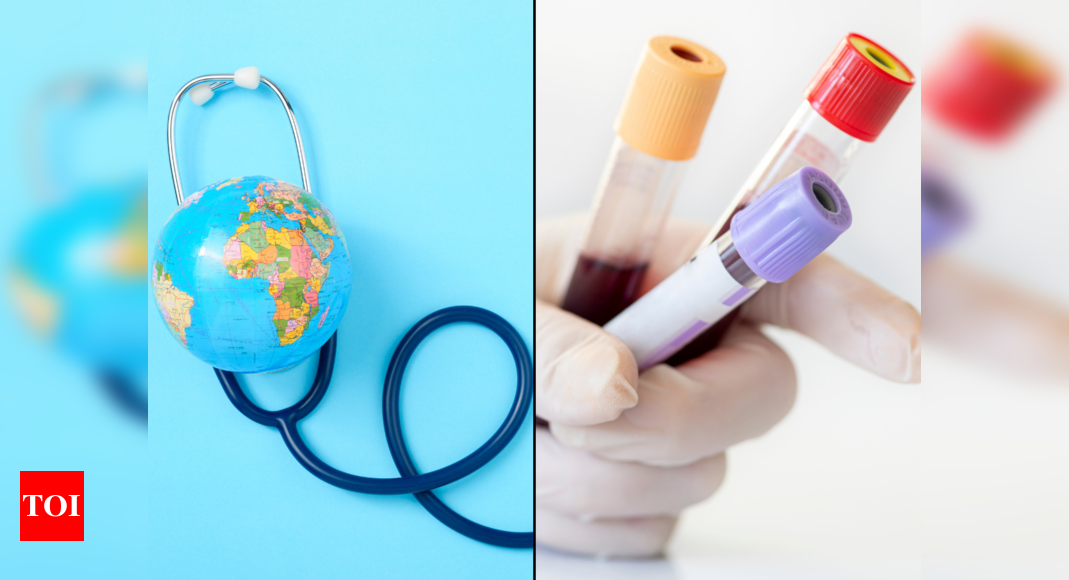“But it’s not sufficient to just get tests done and then Google ‘out of range’ values and start self medication,” warns Dr. Bela Sharma, Additional Director of Internal Medicine at Fortis Memorial Research Institute, Gurugram.
As we age, our immune system and ability to heal decrease, making it essential to seek medical advice regularly and perform certain medical tests to stay healthy, notes Dr Tushar Tayal, Consultant- Internal Medicine, CK Birla Hospital.
This World Health Day, medical experts are emphasizing the importance of getting routine medical tests to ensure a healthy life in the long term.
As World Health Day approaches, we as medical experts are emphasizing the importance of getting routine medical tests to ensure a healthy life in the long term. “The tests that are necessary for individuals in their 20s, 30s, and 40s may vary, so it is essential to consult a doctor for personalized recommendations,” notes Dr. Shuchin Bajaj, Founder Director, Ujala Cygnus Group of Hospitals.
Preventive healthcare is crucial in your 20s
“Regular blood tests, cholesterol screening, and blood pressure checks can help prevent any future health problems. Additionally, sexually active individuals should undergo STD testing to identify any infections that could cause future complications,” explains Dr. Bajaj.
Dr. Tarun Pandey, Consultant ICU Specialist at Prayag Hospitals Group, talks in detail about Complete Blood Count test. “In females, hemoglobin levels are usually low due to poor self-care, heavy menstrual bleeding, and inadequate diet, and several other reasons. CBC helps in checking hemoglobin; white blood cells count (which tells about immunity level) and also platelet count.”
Another important test for females is the Iron test. “Due to the nutritional deficit, females are often found with iron deficiency. Serum Ferritin is another test to determine iron storage in the body,” adds Dr. Pandey.
Dr Tayal further enlists key vitamin deficiencies to look out for.
Vitamin D and B12: These are important nutrients for various bodily functions, including bone health, nerve function, and red blood cell production. This test can be done annually, and if a deficiency is found, appropriate supplements and dietary changes can be implemented.
Another test Dr. Pandey adds for your 20s is “Hypothyroidism or TSH to measure the levels of thyroid hormone. An important factor to consider is maintaining a healthy lifestyle.”
Additional tests in your 30s
In the early 30s along with the above-mentioned test, a sugar test (both fasting and PPBS which is post fasting sugar test) is essential, adds Dr. Pandey.
Women should also go for breast ultrasound, explains Dr. Tayal. “Women should have this test every three years to rule out breast malignancy until the age of 40. Women should discuss with their healthcare provider how often to have breast ultrasounds based on their individual risk factors and medical history.”
Some more important tests to not miss out on are a “routine eye exam and dental checkup”, shares Dr. Bajaj. “Women should also undergo a pap smear test to screen for cervical cancer. For individuals who have a family history of cancer, genetic testing may be recommended.”
Do not ignore health check-ups in 40s
“Coming to the early 40s, the tests which should be done include the KFT- Kidney Function test, LFT Liver function test, ECG, and Chest X-ray to determine cardiac risk and lung condition at an early stage,” explains Dr. Pandey.
Dr. Tayal says you may want to consider additional tests, including:
- Stool occult blood: This test can detect colon cancer early or other digestive problems.
- Prostate-specific antigen: Men, especially those with a family history of prostate cancer, should have this blood test to detect prostate cancer.
- Mammogram: Women should have this test annually for early detection of breast cancer.
Dr.Sanjay Gupta, Senior Consultant- Internal Medicine, Paras Health, Gurugram mentions a few more important tests for those in their 40s:
- CT scan of the chest, abdomen recommended
- People must also “go for screening of ovaries, pancreas, intestine, lung cancer.”
It is important to note that these are general guidelines, and individual circumstances may vary. It is always recommended to consult with a healthcare provider to receive personalized recommendations based on medical history, family history, and lifestyle, shares Dr. Bajaj.
Routine medical tests can help you keep a tab on your health and detect any potential health issues in time. Living a healthy lifestyle by eating non-processed foods and staying active can help you get good results. Happy World Health Day to you!















































